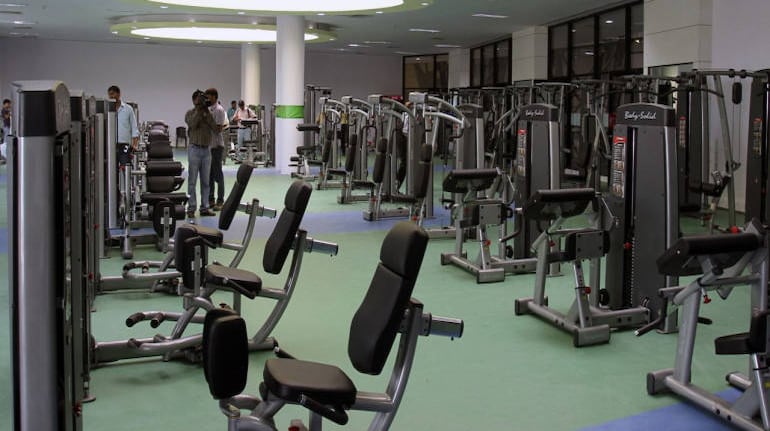



Continuing with its 'unlock' drive, the Delhi government has permitted gyms and yoga centres to reopen with 50 percent capacity, and has allowed weddings at banquets, halls and hotels with a limit of 50 guests. The relaxations will come into effect from June 28.
The Delhi Disaster Management Authority (DDMA), in the order issued on June 26, noted that gyms and yoga centres would have to ensure that requisite COVID-appropriate behaviour is being followed. The banquets and marriage halls would also be subjected to legal action if the cap on the number of guests is violated.
All other restrictions and prohibitions in the national capital will continue till July 5, the DDMA order said.
Gyms and banquet halls in Delhi have remained closed for over two months in the national capital. They were ordered to shut down from April 19, when Delhi was hit by a raging second wave of the pandemic.
Also Read | Delhi oxygen row: Can't say demand was inflated by four times, says AIIMS chief who led audit
From the second week of May, the Delhi government permitted weddings at home and in courts with not more than 20 people in attendance.
After the unlock drive was launched earlier this month, and the COVID-19 caseload began to rapidly decline, gym and banquet hall owners appealed to the government to allow them to reopen.
Notably, the positivity rate in Delhi has dropped to 0.12 percent. The capital city on June 26 reported 85 new cases and nine deaths. The active case count has declined to 1,598.
Discover the latest Business News, Sensex, and Nifty updates. Obtain Personal Finance insights, tax queries, and expert opinions on Moneycontrol or download the Moneycontrol App to stay updated!
Find the best of Al News in one place, specially curated for you every weekend.
Stay on top of the latest tech trends and biggest startup news.